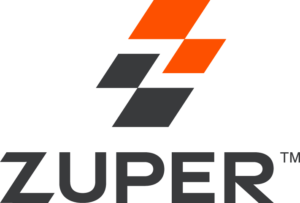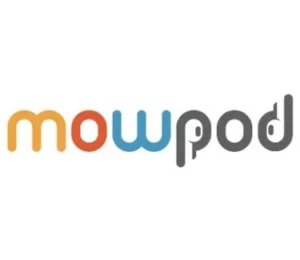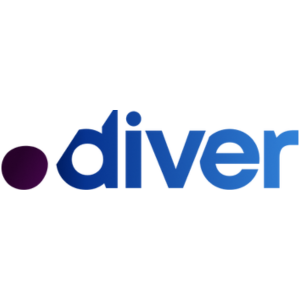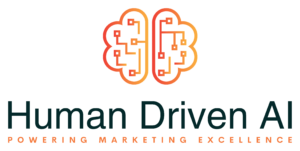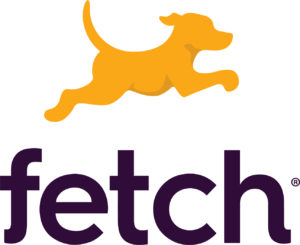How ad tech can adapt to a cookieless world
Harry Maugans
Blast PR

- Part 1 How ad tech can adapt to a cookieless world
- Part 2Immediate need for privacy-compliant solutions
Show Notes
Quotes
-
“Cookies are villainized a lot in today’s industry. A cookie isjust a simple storage vehicle for an ID. It is like a barcode for your computer or your phone. The cookie is either a first-party or third party. If you want to conquest something that is not in your ecosystem, it requires this third-party and that is what’s going away by the end of the next year.” -Harry “The cookie itself does not inherently have the browsing data. It is just an identifier, a number, or usually alphanumeric.” -Harry“So the cookie is a nametag and when you exhibit specific behaviorson a web property, the company that dropped to the nametag gets to look at it so the TradeDesk gives you a nametag, they have a TradeDesk cookie and then you browse around the internet and then you get to a TradeDesk-enabled site and they get to say, ‘we’ve seen that person before’.” -Ben “My company Clickagy tracks about a billion page views per day so we are stitching together users’ journeys from across that scale and all these associative data from the page, the intent or what content they are consuming rolls up into that actual cookie and the profile of that person.” -Harry “Cookies have been around since the beginning of the internet and they were primarily used for innocuous purposes. In the last five years in the industry, there were some clever people who realized using cookies for more than just saving log-ins but also using it to connect people together across a browsing journey in multiple sites to unify that experience to a user or person instead of being just isolated in a single website.” -Harry“Once that realization happened, it spun off an entire industry that was helping marketers drive better ROI and becoming more performant in marketing because it helped you understand a prospect deeper.” -Harry“It started with just simply tracking people better and getting that profile. The problem with marketing and any advertising world is greed got involved. So the data got abused and got more invasive and privacy violations became more rampant.” -Harry “The first half is legislative. We have GDPR, CCPA, you also have the Australian Privacy Act, there are regulations popping up around the world trying to block invasive tracking but the more important half is, you have companies that are trying to win over the hearts and minds of users by saying they are privacy compliant.” -Harry “Up until a year ago, our company was built on third-party cookies so this is hyper-relevant to our own company and our necessity for innovation is driven by survival. We built a product that helps marketers outperform any other media they are running because, at the end of the day, the targeted data is the most important part of the media campaign.” -Harry “Data is not going anywhere. It is a hundred billion dollar industry in programmatic. People say let’s go back to contextual. That’s garbage. Contextual sucks, it is only targeting pages where you have a keyword that’s relevant on the page to your ad.” -Harry“Behavioral dataworks, the tracking side is a whole other conversation and we have our own perspectives on the privacy side. I think the industry has gone too far.” -Harry “I don’t believe that people should be trapped on a one-to-one basis. It’s been tried, it’s beenabused and the competitors in the industry are actively trying to work one out on the cookie going away, with some identity-based solutions where they replace this alphanumeric cookie ID with your email address or your phone number, something way more invasive than a cookie and way harder to scrub than clicking the delete button. I don’t believe that is the future.” -Harry “Sure, they have consent, they have opt-in and you click a button saying ‘I agree’ but it’s not informed consent so that is a whole Pandora’s box.” -Harry “The other technology for tracking is probabilistic where they stitch together first-party cookies and predict who is what cookie. It is like a smoke and mirrors type of technology but I think if you are trying to track person one-to-one, it is going to be stopped.” -Harry“We created a concept called privacy clusters where it is a technographic grouping of about four or five devices on average and those devices get grouped together as a single virtual cookie. If anyone of the devices in that cluster hits a page that is relevant to life insurance, the whole cluster gets associated with life insurance intent then the DSP can target the cluster as one cohesive unit serving ads to all four or five devices equally without knowing which device that did it.” -Harry “In reality, you serve 4 extra ads that are not relevant, we call it branding but because now we are competing in an arena that doesn’t have cookies, competition is so low, the CPMs are pennies on the dollar so we can serve four or five ads for the same price as a single cookie-based ad making it cost-neutral, privacy compliant and targeting that person with relevant behavioral intent-based ad without ever touching cookies.” -Harry“The cool thing about this is it works with any legislation about privacybecause it’s a group. It is not a single person. All of these laws about privacy are written about one-to-one.” -Harry “I think marketers who don’t make the change, who are sitting on cookies and being naive, waiting for the inevitable to come and for somebody to solve it for them, they are going to be in major trouble. When 2021 comes along and they are not prepared, their campaigns are going to crash and burn.” -Harry
- Part 1 How ad tech can adapt to a cookieless world
- Part 2Immediate need for privacy-compliant solutions
Up Next:
-
Part 1How ad tech can adapt to a cookieless world
Today we discuss the future of marketing tracking and attribution. Joining us is Harry Maugans, the Founder and CEO of Clickagy, which is a data intelligence plan that brings new audience visibility to business intelligence and advertising. In part 1 of our conversation, we discuss how ad tech can adapt to a cookieless world.
-
Part 2Immediate need for privacy-compliant solutions
Today we discuss the future of marketing tracking and attribution. Joining us is Harry Maugans, the Founder and CEO of Clickagy, which is a data intelligence plan that brings new audience visibility to business intelligence and advertising. In part 2 of our conversation, we discuss immediate need for privacy-compliant solutions.
Play Podcast




